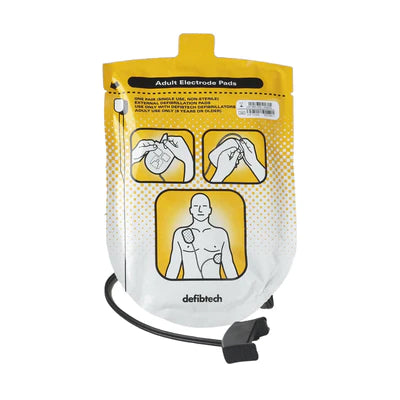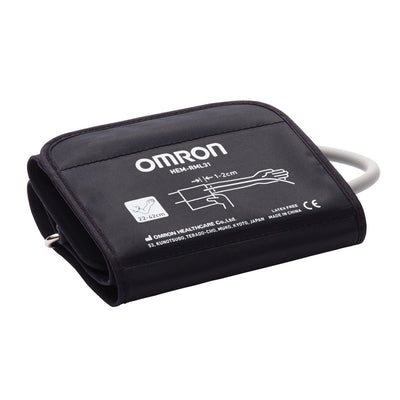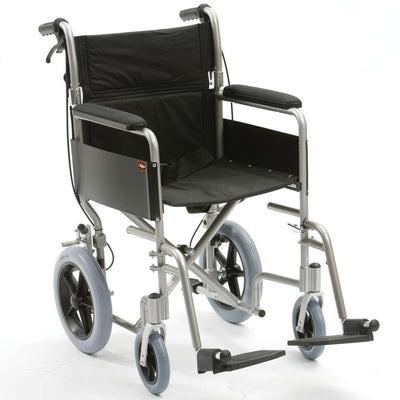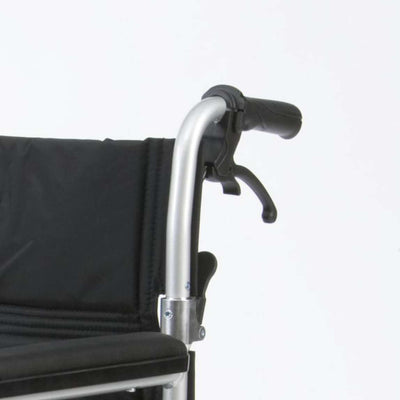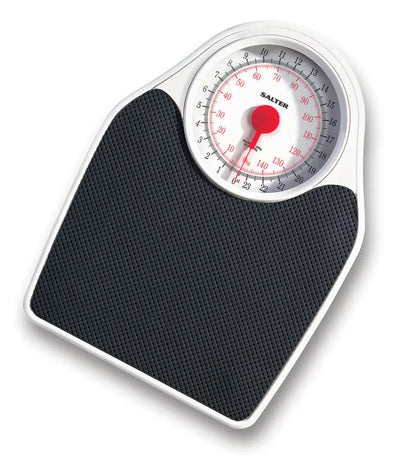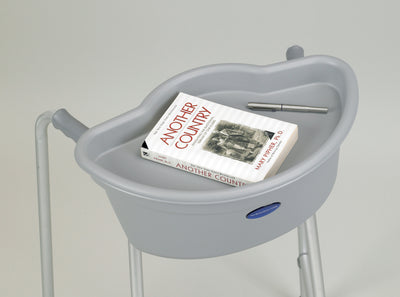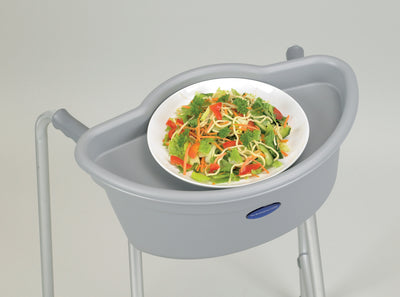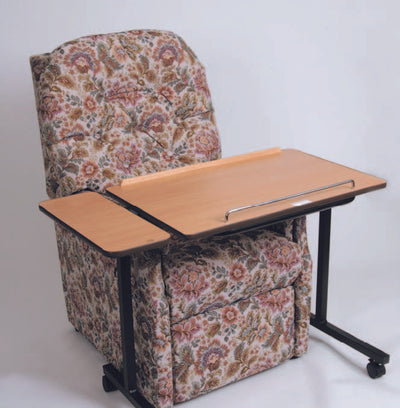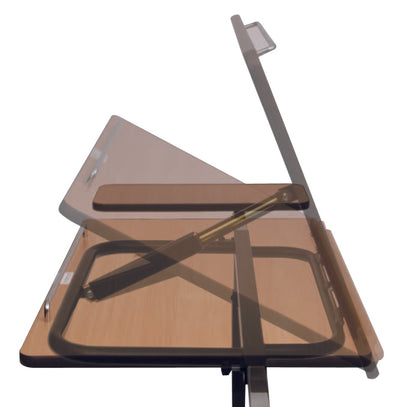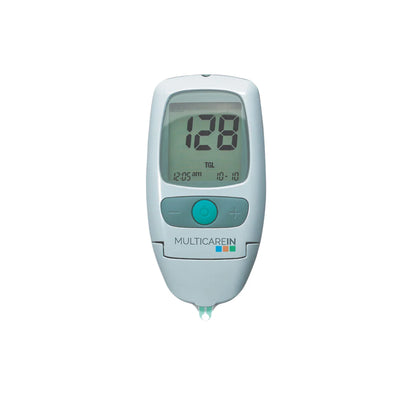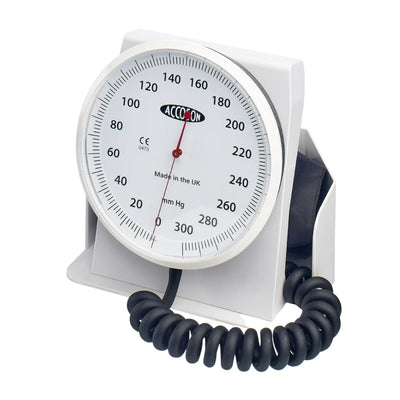We had an incredibly mild festive season but now much of the UK is experiencing a massive drop in temperatures. Frosty mornings and snow on higher ground might make for stunning landscapes and seasonal weather but the cold snap can also bring some serious concerns for those who are vulnerable to heart, lung and respiratory conditions.
Sudden drops in temperature can trigger a flare-up of symptoms if you suffer from a lung and heart condition, making you more vulnerable to illness.
Thankfully there are things you can do to look after your heart & lungs this winter.
How does the cold affect my heart and lung condition?
When it’s cold outside, the body naturally goes into ‘warm up’ mode, working extra hard to pump more blood around to keep warm and functioning well. This extra effort means that your heart will beat faster and your blood pressure will go up, putting additional stress on your vital organs, especially the heart and lungs.
For those with heart conditions, the sudden extra work your body has to do could cause serious repercussions and could, in some cases, lead to heart failure.
Cold air can also impact your breathing. Cold air can trigger spasms in the lungs, making breathing much harder and creating the conditions for an asthma attack or severe coughing and chest tightness and wheezing.
So it’s essential that you take extra precautions when out and about in cold weather this winter.
Looking after your heart and lungs
Keeping warm is the first and most obvious thing you need to do to protect your heart and lungs in the winter.
- Check the weather before venturing outside.
- Wrap up warm, covering your chest area with layered clothing and a scarf around your neck. Keep your extremities covered with gloves, thick socks and wear a warm hat to prevent heat loss.
- Breathe through your nose, as the incoming air will have a greater chance to warm up before reaching your lungs this way. And if you can, cover your mouth and nose with your scarf or a snood-type garment to protect your lungs and airways from the cold air.
- Keep moving but do not be tempted to do too much. Your heart will already be under pressure as it is pumping extra blood around your body, so any extra requests to work even harder could lead to sudden pain or even heart failure.
- The cold air can tighten your airways so if you use an inhaler, you might want to administer a dose around 15minutes before going out (be sure to follow your own GP/Specialist guidelines on this) and carry it with you when outside.
Avoid colds and flu
Keep your distance from anyone suffering from a cold, flu or, of course, coronavirus. Cold and flu infections spread very easily and your condition will make you extra vulnerable to them. You should tell your friends and family that if they have a cold or flu they shouldn’t visit. This can be hard, but it’s important to look after your own health
Make sure you’re up to date with your flu and covid vaccinations to give yourself the best protection against those viruses.
Keep Active
Try to stay as mobile and active as possible. Sedentary living will make it harder for you to keep warm in the winter months.
Get up and move around regularly, or if you’re in a chair or bed, try to move your upper body or do some strength exercises as you can.
Set an alarm to remind you to get up every hour - a Talking Memo Watch is fantastic for this as it can be set to go off every hour and allows you to record an alarm reminder message to yourself. Give yourself some household tasks to do every hour to keep you motivated to stay active.
The NHS website has some fantastic resources to help you keep active at home.
Keep Warm at Home
Heating your home to around 18°C (or 64°F) should provide enough comfort and heat to keep your heart and lungs happy. You might want to heat just the room you spend most time in to save money and impact on the environment.
While you’re sitting or busying yourself around the house you could use a discreet hot & cold pack waist belt which wraps comfortably around your waist or back and keeps you warm with the reusable hot and cold packs inserted in the belt.
At night, when the temperature tends to fall to its lowest point, you will want to keep your bed and bedroom as snug and comfortable as possible to allow for good breathing while you sleep.
Heating your bedroom to 18°C (or 64°F) an hour or so before bedtime will bring it up to a nice temperature for sleeping. If you’re turning the heating off through the night or if you like a warm bed you might want to also use a heated mattress cover which works on a number of different heat settings and has a low energy consumption for night time use.
If you need help with heating your home the British Lung Foundation has a fantastic resource page filled with details of the benefits and warm home payments available just now in the UK.
Need more help? We're always here to help so get in touch today.
For all your Medical and Homecare supplies give us a call at Mediworld.
We have over 40 years experience in medical, surgical, mobility and home health supplies and we're always on hand to chat if you need support or advice and don't forget to read our other great health blogs!
January 2022


